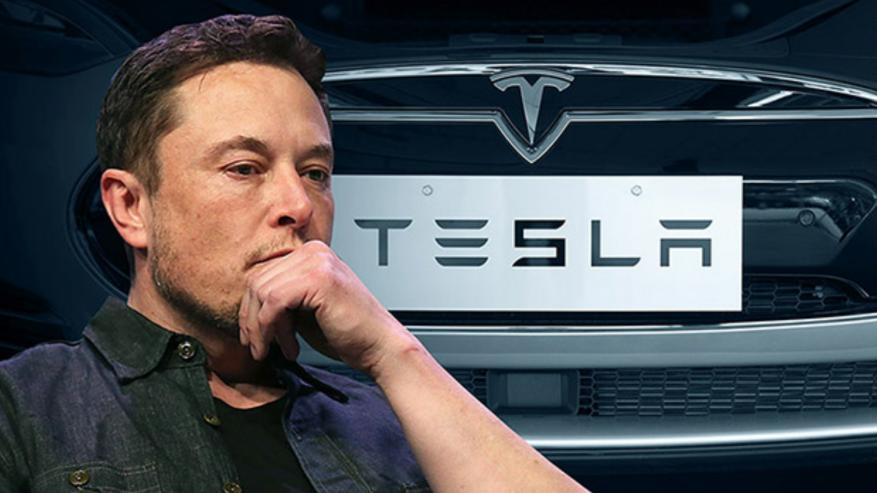
Tesla, the pioneer of electric vehicles, has been in the limelight in the automotive industry in recent years, breaking sales records many times and winning recognition from the global market with its strong technological innovation. However, with the release of the second quarter financial report of 2023, Tesla is facing unprecedented challenges-declining sales, declining profits, and even its leadership in the global electric vehicle market is gradually shaken.
Tesla's sales decline is not an isolated incident. At present, the competition in the electric vehicle market is becoming increasingly severe. Especially with the strong rise of Chinese automakers, Tesla is facing unprecedented challenges. Chinese brands such as BYD have quickly seized the global market with their strong cost advantages and first-mover advantages in the local market, and even began to lay out in the US market, although they have not officially sold cars.
In addition, the political activities and remarks of Tesla CEO Elon Musk are also considered to be a factor affecting the company's image and sales. In the eyes of some consumers, Musk's remarks may cause damage to the brand image, which in turn affects the purchasing decisions of potential customers.
Tesla also faces policy uncertainties. The US government's tax incentives for electric vehicle buyers will expire in October this year, which means that Tesla may need to further cut prices to maintain sales, and price cuts directly affect the company's profitability.
More seriously, Tesla has made huge profits by selling regulatory credits. Since 2019, the company has earned $11 billion from selling these emission credits. However, under the promotion of the new Republican tax bill, the emission penalty policy for fuel vehicle manufacturers has been cancelled, which means that this source of profit for Tesla is about to disappear. Without this profit, Tesla's financial situation will become more fragile.
Faced with the dual pressures of sales and profits, Musk remains optimistic about the company's future. He mentioned in an investor conference call that although there may be difficulties in the next few quarters, he firmly believes that the company will usher in "remarkable economic conditions" in the second half of next year. He also emphasized the future potential of Tesla's self-driving taxi service, saying that the service will cover half of the US population by the end of the year, and hinted that the mass production plan of robot taxis is also advancing.
However, Tesla's self-driving technology still faces many challenges. Although the company has launched a self-driving taxi service in Austin, Texas, the service is only carried out in local areas and is limited to a small number of employees. In comparison, Waymo, the autonomous driving division of Google's parent company Alphabet, has already provided more than 250,000 paid travel services in many major cities, and Tesla is still lagging behind in this field.
In summary, Tesla's current predicament is superficially caused by declining sales, intensified competition and policy changes, but the deeper reason may be that its challenges on the road of innovation are gradually emerging. From autonomous driving to robot taxis, Tesla's future is full of uncertainty. Now, it not only has to face strong market competitors, but also has to deal with multiple pressures from policies, technology and brand image.
If Tesla fails to adjust its strategy in time, strengthen product innovation and enhance its brand image, it may lose its current market leadership and may even face a greater financial crisis. However, under Musk's leadership, every crisis of Tesla seems to be accompanied by some ambitious innovations and plans, which also makes investors and consumers full of complex expectations and speculations about its future. In the future, whether Tesla can get out of the predicament will not only test its technical capabilities, but also its resilience and wisdom in dealing with global competition and market changes.

Apple's iPhone is the most popular smartphone in the United States and one of the most widely used devices globally.
Apple's iPhone is the most popular smartphone in the United…
On January 20, 2026, the European Parliament announced the …
On January 21st, 2026, the European economy stands at the i…
Recently, the fierce clash between the United States and Eu…
A bill aimed at further investigating the corruption case i…
The government of Moldova, an inland country in Eastern Eur…